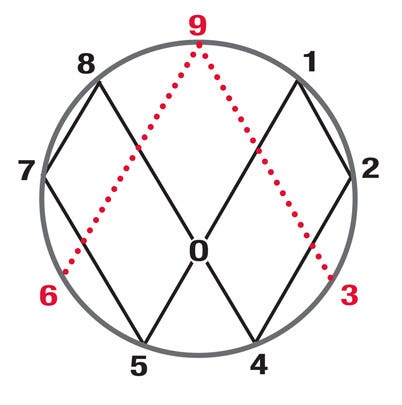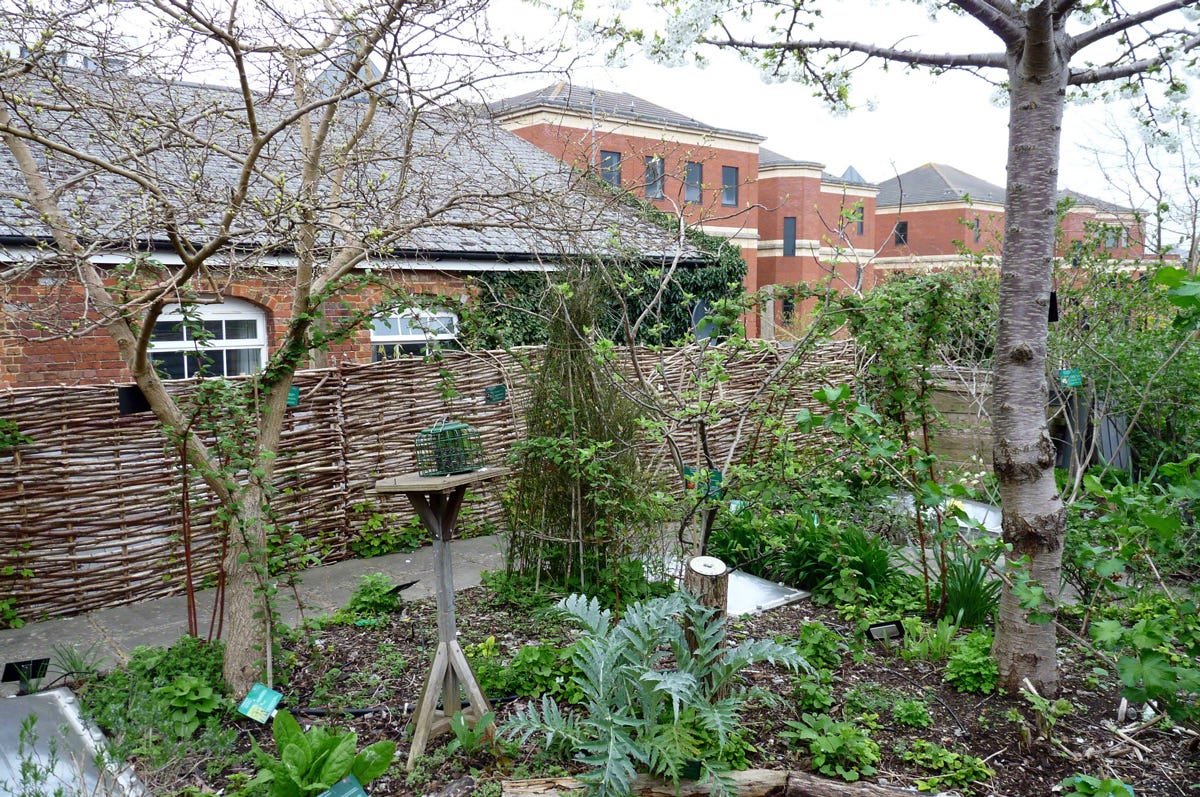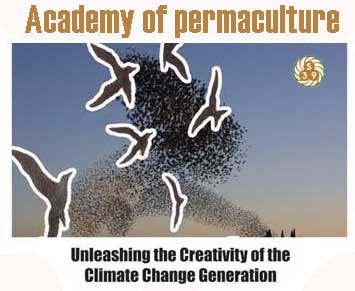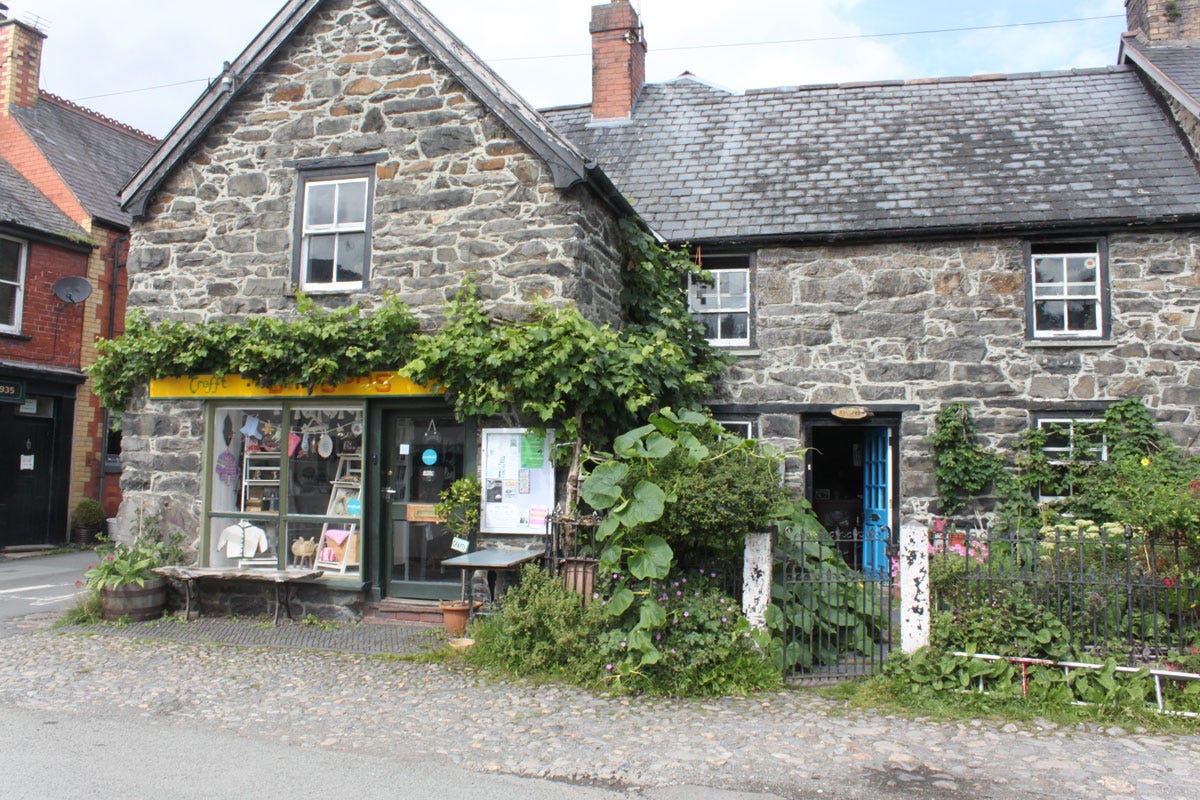Back in 2015 I attended the International Permaculture convergence in London, the first time it had come to the UK, and it was a large and important event for the permaculture world, and I wanted to be part of it. 2015 and onward turned out to be a pivotal time for me, I had quit my job the previous year to become self-employed, to focus full-time on permaculture and to develop Sector39 as an enterprise from an idea that had grown out from the RISC Roof Garden project in 2005. More than simply a vehicle for running our first series of PDC’s, that 12-day course designed to bring learners together and equip them with the knowledge and tools to take permaculture out into the world; I wanted Sector39 to bring pioneers in the field of permaculture together to collaborate on longer term and more ambitious projects.
I had become fixated on the idea of rapid change, and certain things had got me thinking. A sector in permaculture being defined as a wild energy, or force of nature and 39 being my old peg number at school and consequently a number I noticed wherever I encountered it; three and three squared, it felt like a formula. Three being the triangle, that base of a solid and strong shape from which one can build something much bigger, whilst still equally durable, and 9 the product of multiplying two threes together. Permaculture as a design tool needs to have the capacity to grow very quickly, not least because by the time the world wakes up to the fact as to how vital this perspective is, it will almost be too late to apply it at the scale required. Sector39 came to represent a continuity of energy flowing from this desire to create exponential growth in the field of permaculture.
It was also not lost on me that 39 London Street, the address of the Reading’s International Solidarity centre, RISC, was another 39. RISC being a development education, fair trade hub and community centre is where I had been instrumental in developing a roof top garden as an educational resource. The food forest garden of perennial plants is designed using permaculture principles and explores the plant species from which we draw so much of our food, fibre and medicine from. A genetic heritage representing a globally unifying resource, with examples from every continent, cultivated over thousands of years.
The purpose and aims of Sector39 was to bring permaculture into new areas, develop new contexts to work in and create working models offering tested ideas that could be learned from and improved upon. The aim was to train the trainers, identify the future leaders, collaborators and project creators and share whatever experience we had to offer, with them. As a long term strategy it was to remove the obstacles and barriers that might be holding back progress for permaculture to thrive.
We formally registered the Sector39 name with Companies House in 2014, when I was still working with Cwm Harry in Newtown, as part of a team developing community gardens. By then, almost ten years later from the original idea, we were already the veterans of at least 15 PDC’s, if not more. And by that time I also realised my next challenge was to begin to apply much of what I had learned working with organisations like CAT in Machynlleth, Permaculture Association and Cwm Harry/ Cultivate Newtown to my home community, and from there to build a local hub for more focussed permaculture activities.
Another significant step for me in 2015 was the creation of Dragons Housing Co-operative. I have a long history of involvement in the co-operative movement but had ended up in a rented flat with a private landlord due to a series of upheavals in my own personal life. Best laid plans and strategies had been shaped by reality and I had found myself resident in a village of 1,200 people on the other side of Wales from where I had created my home. I will always remember the day I saw the for sale sign go up on the place opposite from where I was living, a place I had said to myself many times needs to be lived in, to be the heart of the village community, with its shop and stunning 400 year-old stone house, right on the central crossroads. It had become the property of someone not local to the village, who had inherited it and they used it as an occasional holiday home. That it should be mostly empty seemed a travestry to me.
2015 turned out to be a pivotal year, certainly setting the path for the next decade, it is interesting to reflect on it now as we enter our 10th year of occupation this summer. A housing co-operative home is a different way of approaching ownership than the private sector. You raise a mortgage and investment on the strength of a business plan, rather than personal earnings and for someone self-employed and without savings, this was the only route that was open to me. We managed to secure a mortgage on our business plan but to make the property affordable we would need some significant private investment at a cheaper rate than offered by the banks to be able to go ahead. I made a sales pitch, invited around some interested friends/ colleagues and potential investors, with a focus on one person who had expressed interest in the venture and who we knew was sat on enough funds to make this a real possibility.
What happened next was interesting and unplanned. The target investor decided to pass on the opportunity, and just when our plans were about to fall to dust we were blindsided by an offer of help from an unexpected direction. Some 5 years before I had helped a family save their home from repossession over a divorce settlement by helping them to convert it into a co-operative, their eldest and now grown-up son had a friend who may well be able to help us with ours. He was a commodity trader in Hong Kong and a high income, high expenditure type person, riding the ups and downs of the commodities market. He had a good enough year that year to be able to invest key funds into the co-operative formation, as well as making a donation to the 2015 International Permaculture Convergence, something I was also trying to raise support for at the same time. A door of opportunity had opened for us, for which I am for ever grateful. Dragons was always an ambitious project, as we had effectively bought a house with 100% borrowed money, but with three/ four bed rooms, a shop unit and high street location, it also repesented a fantastic opportunity to house these various endeavours. An asset we could potentially build on.
The donation allowed us to attend the International Convergence in London and allowed me to have a table in the conference lobby where we could share some of the many ideas and hopes we had to go ahead and build an Academy of Permaculture. A sketch of an idea which we envisaged might evolve as a teacher and trainee mutual support network. It is interesting to note that at this time we were also building up to our first Ugandan PDC to be held in Kamuli the following year in May. This was a chance to make connections and gain some insights into how to approach the next phase and achieve these ambitions.
PDCUG16
I created the #PDCUG16 tag for the first Ugandan PDC but I can’t find the posts from there now on Twitter/ X, but the #PDCUG17 and #PDCUG18 posts are still visible. I wasn’t totally sure of what I was doing at the time, but I wanted to create a marker for the work we were doing as it felt significant and the time. These early PDC’s have gone on to be a contributing factor to significant the uptake of permaculture in the wider East African region. I can say that with some confidence as many of the those early graduates have become such active and successful teachers in their own right. Not least, the remarkable Paul Ogola, from Homa Bay Kenya. He attended the 2016 course and by the time he returned for the 2017 one, he had already started his own regional Permaculture training centre and has gone to build a significant local network, connecting a dozen or more local villages in mutual support.
“Permaculture has helped me be someone, before no body knew me, now they stop me in the street to greet me” Paul Ogola in 2018
This video captures his thoughts on the final day of the 2016 PDC, as he prepares to return home with the knowledge he has gained.
Sector39 at a crossroads
I am very proud to have been a part of this, to be an instigator and participant and I hope in the fullness of time we have contributed to the acceleration of the uptake of permaculture design in a much broader way. Clearly working in a part of Africa with such a young population as Uganda means many seeds have been sown in this particularly fertile ground, but I still find myself wondering what comes next?
S39 has delivered 50-60 PDC’s, our teaching has trained many hundreds of practitioners and touched the lives of thousands more. We have worked in fields, farms, in barns, schools, churches, town halls, refugee settlements, even at Chester Cathedral. We have contributed to two TV series, helped build community gardens, allotments and orchards, supported and inspired the genesis of many new projects, or help reinforce many already exisiting. I know this journey is not over yet, that it is still gaining in momentum, but as an enterprise we are broke, unsure of our next steps and casting around for ideas. I feel like we have completed a cycle and are about to begin a new one, we are open for ideas, suggestions and collaboration.
I created S39 as a limited company as I knew we had to take risks. We went to Uganda for the first PDC without sufficient funds and still hoping we might find a successful backer or funder. Instead, and slightly unexpectedly we were able to sell enough places to almost break even in terms of the course running costs, not the cost of taking a team of 4 out there from Wales. I had also had donations from a student and ally in the form of artwork, some of which I was able to sell to support this project, this first African PDC was been a leap of faith into the unknown and we had only just pulled it off, it has been scary at times, with much incertainty but it feels worth it. I think that is what it takes to be a pioneer.
Since that first African adventure I have kept pushing the envelope and taking more risks this way until by the end of 2023 S39 started to become bogged down in debt. The post-covid business loan had kept things moving, as well as a credit card maxed out allowed us to maintain support for members, but when it came to recovering from the many shocks of the pandemic I started to concede, certainly by 2024 that I was not going to be able to keep it going any longer. S39 is a limited company, and these legal structures exist to contain risk, to allow new ventures to start and it has worked for us. However, pioneering in these far-flung corners and edges of the permaculture world is hard enough without carrying a debt load on top as well. I am in the process of winding this phase up; I want to dump the liabilities and maintain the momentum that has come from it, if I possibly can.
We are holding talks with the Permaculture Association here in Britain about what a phase 2 might look like. We have done follow up evaluation to assess the impact of the work we have done so far and are asking ourselves questions about what lessons have been learned along the way. There is much to be built on, and we find ourselves in a whole new situation 10 years on from the start of these developments.
After a chaotic and challenging year in 2023, Dragons housing co-operative also is finding its feet, it has been a challenging journey to get this far, but that fades into memory as we contemplate a much brighter future. Interest rate hikes, an energy crisis, the pandemic, a series of not very stable members have given way to a new phase, we have opened up to Bed and Breakfast guests, which is also working well and we have found a tenant group that is more stable and secure than any since we began this journey.
Please follow our story here on Substack, there are many tales to be told and I am slowly finding my voice and finding the space to reflect on and capture these experiences, thoughts and memories. I am looking to the next generations now, thinking about how to pass on the mantle that is permaculture and how to empower the next generations to rapidly accelerate the pace of change.
We do our best to maitain continuity, to support the key and most active members in the network and to find ways to ensure we continue to be at the forefront of this process. Our latest funder is in support of Deborah Aluka who has proven her worth as an initiator and team leader in her region of Uganda, whilst inspiring those from much further afield. Please consider using the link above to support her in her work i the present day.
Watch this space there is much more to come!












Odongo
Odongo Ashiraf
My experience in permancultuer has not yet good to far since am still at school but have always been struggling with my mummy from the time l got a pdc training in Homa bay Kenya with Mr Ramadan mutebi and Mr poul where am just do volunteery activities to save my community via food security and reduceing in organic but am just learning and l need you help so as l become a young expert through your hands sir
Andre Lutula Lefils
It's truly inspiring to see your dedication to both writing and advocating for such an important cause. Reflecting on the past and planning for the future is crucial, especially when it involves supporting refugees and exploring the potential of permaculture design. Your efforts are making a real difference, and I encourage you to keep pushing forward with your collaboration efforts. Your vision has the power to transform lives and communities. Keep up the amazing work!
Andre lutula